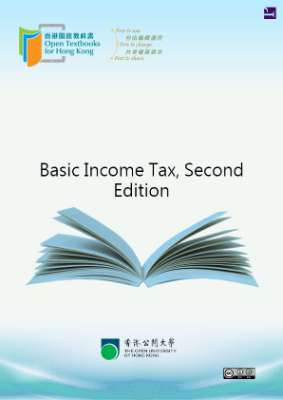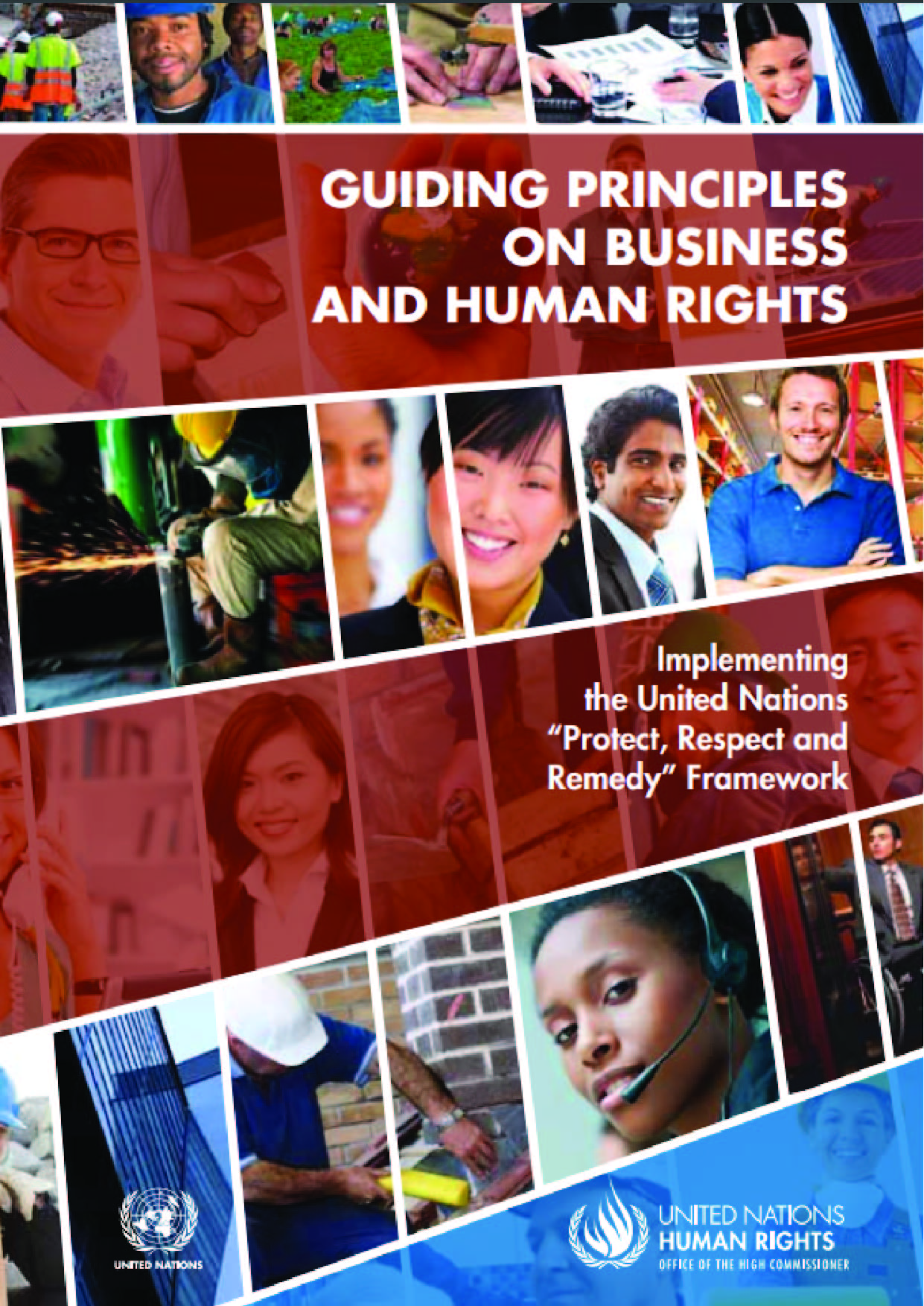Scenario 1: Coaching Responsibly
Regina is a mid-career, Black female supervisor for a multinational corporation. Regina would like to be promoted to an executive level position within her company. She realizes that the culture of her organization does not favor the advancement of Black professionals and less so Black women. Regina has decided to hire a career coach. She decides that she would like the perspective of a white male because, white males appear to be the only ones successfully reaching the executive suite in her organization.
After a few weeks of searching for a career coach, Regina finds Steve. Steve has been recommended by several white males in Regina’s organization who have used his services and have been promoted to the executive suite. Regina arranges a meeting with Steve. Steve advises Regina using the exact same resources that he has provided to her white male colleagues. After 6 months of career coaching from Steve, Regina has received no results from the changes that she has implemented after recommendations from Steve. Steve is baffled. He cannot begin to comprehend why his coaching is not working for Regina when he has seen phenomenal results in all of his other clients with the same information.
Discussion Questions
- What are some of the potential problems that Steve is missing in his coaching of Regina?
- Should Regina continue to seek career coaching from Steve? Why or why not?
- Please find a real world example similar to this scenario. What happened and if resolved, how was the problem resolved?
Scenario 2: Professional responsibility of the career development professional
The country is trying to recover from a global recession. There are millions of people unemployed. However, the unemployment rate for Black workers is always double, if not triple, the rate of white workers with the same skills. There is a continuous stream of unemployed, skilled Blacks who come to meet with you in your role as career advisor at the unemployment office. You have access to information about jobs that you know the Black workers are qualified to do, but you also know that the employers with the most jobs do not like to hire Black workers.
Discussion Questions:
- How do you help Black workers prepare to interview with employers who do not like to hire them?
- What is your professional responsibility to these workers?
- What is your professional responsibility to your employer?
- What is your professional responsibility to the hiring organization?
- What do you do with the information that you have about available jobs?
- How do you help the Black workers obtain jobs?
Scenario 3: Career Development Expertise
Scotty is interested in changing careers. He schedules a career counseling appointment with a professional career development specialist, Carol. Carol meets with Scotty and documents his previous work history, education, and accomplishments to complete a professional resume for him. Carol tells Scotty that her fee is $2,500. Scotty pays Carol because she assures him that the amount of money he pays her is miniscule in comparison to what he will earn on his next job. Carol offers Scotty no other service other than a sample cover letter. It has been a year since Carol met with Scotty. Scotty has not obtained a new job.











